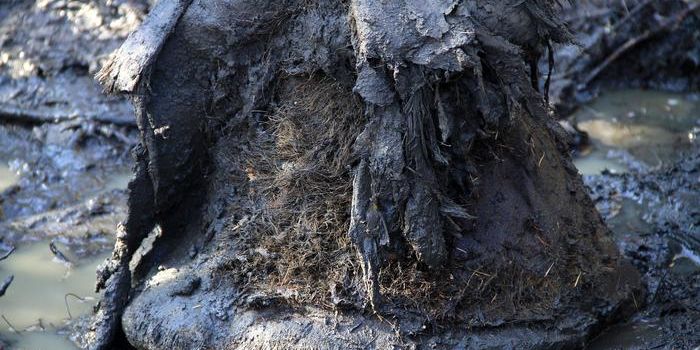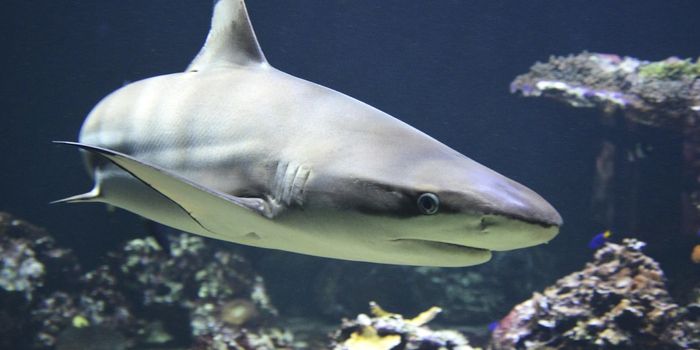Why Are Sharks Killing So Many Sea Otters?
Scientists are stumped after the discovery that sea otters are washing up in large quantities on beaches across the Californian coast. The sea otters are mauled with injuries that look like they’ve sustained vicious great white shark bites, which was clearly the cause of death.

Sea otters aresmaller and don’t have a whole lot of nutritional value to the sharks, but even that isn’t what’s stumping scientists.
Even more intriguing is the sea otters are washing up on the beaches in whole, indicating that the sharks aren’t even attempting to eat them and are just biting and killing the animals for no reason at all.
"As far as we can tell, a white shark has never eaten a sea otter," says Tim Tinker, a wildlife ecologist at the U.S. Geological Survey's Western Ecological Research Center. "We always get the whole animal back."
The unexplainable phenomenon of why great white sharks are suddenly attacking sea otters is disturbing, because it’s not happening just once in a while. It’s happening frequently enough that it’s having an impact on sea otter population numbers.
"Throughout the otter's range, shark-bitten animals now account for more than half of the carcasses we find," Tinker says. "It exceeds all other sources of death combined. And in the last few years, we've actually had declines in the northern and southern parts of the population."
One theory suggests that shark populations may be going up and they are just trying to sample new prey in the shortage of preferential food that has already been consumed by other sharks.
Another suggests that perhaps the shark thinks the animal is a seal because it may look similar from under water, but after getting a mouth full of bone, muscle, and fur, the non-fatty meat isn’t as appetizing and they just spit it back out.
Sea otters were once protected because their numbers were impacted by fur trade, but now that sharks appear to be taking a bite out of their numbers (no pun intended) without human intervention, it’s raising questions as to why and what can be done about it.
Source: National Geographic








